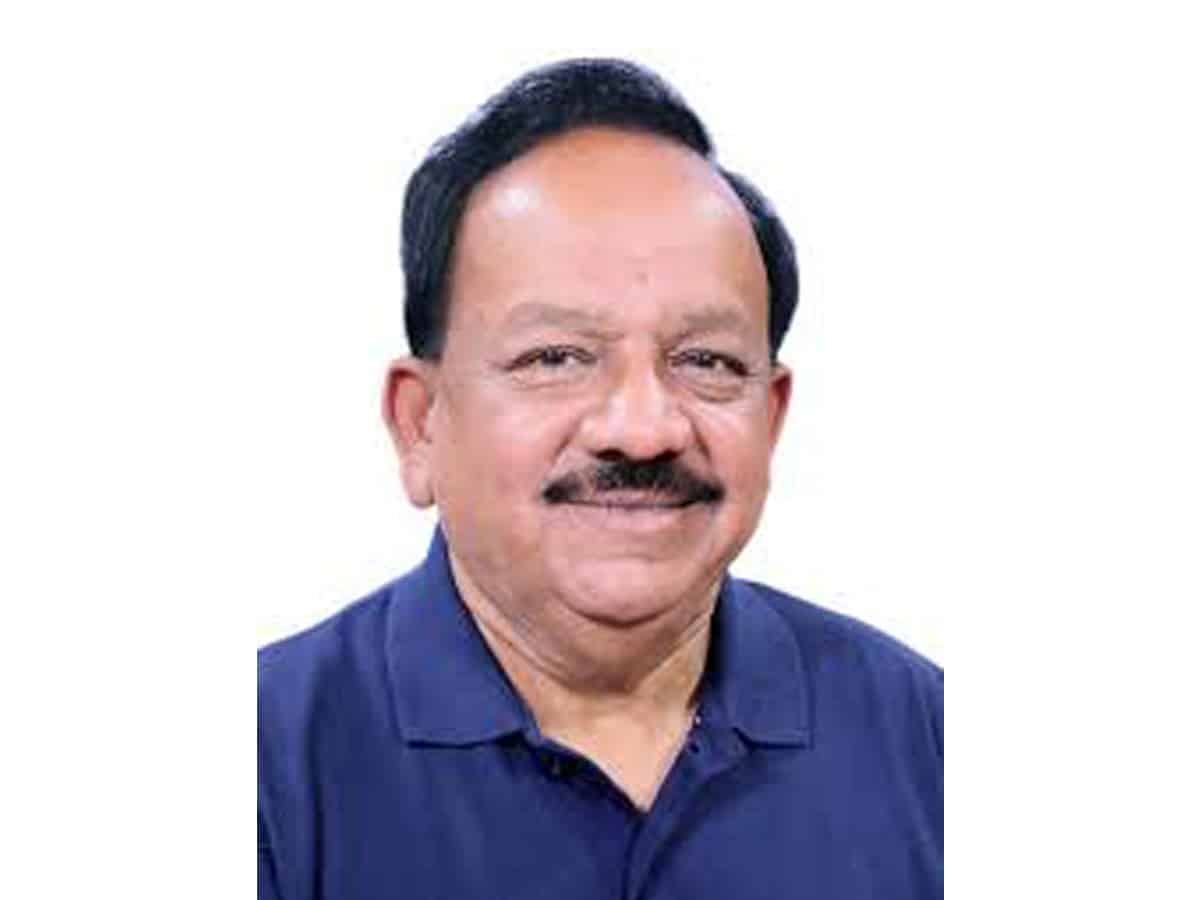New Delhi: India has the largest number of children with Thalassemia Major who need a regular blood transfusion and 10,000-15,000 children having the blood disorder are born every year in the country, Union Health Minister Harsh Vardhan said Tuesday.
Lauding the work of the Indian Red Cross Society at the inauguration of a Thalassemia Screening and Counselling Centre at its National Headquarters Blood Bank here, the minister said such initiatives “will enable us in educating the common people on prevention of this disease”.
He said there are around 270 million Thalassemia patients in the world.
“India has the largest number of children with Thalassemia Major in the world, about 1 to 1.5 lakh, and about 10,000-15,000 children having Thalassemia Major are born every year.
“The only cure available for such children is bone marrow transplantation (BMT). However, BMT is difficult and not affordable by the parents of all these children. Therefore, the mainstay of treatment is repeated blood transfusions, followed by regular iron chelation therapy to remove the excess iron overload, consequent to the multiple blood transfusions,” he was quoted as saying in a statement.
Vardhan said that this new initiative of IRCS will provide a golden opportunity to administer adequate therapy to those affected enabling them to lead a better life and preventing the birth of children affected with hemoglobinopathies, through carrier screening, genetic counselling and prenatal diagnosis.
“This programme will aid in the prevention of birth of children affected with hemoglobinopathies, through well-planned screening programmes, information dissemination and awareness generation activities and help avert the imminent threat of this genetic disorder turning into a major health problem.
“With these progressive initiatives, we shall soon be able to achieve the New India being envisioned by the prime minister by 2022,” he said.
Haemoglobinopathies such as Thalassemia and sickle cell disease are inherited disorders of red blood cells and are preventable. These illnesses are chronic, life impairing and in some cases, life-threatening and impose a heavy emotional and financial burden on families.
In India, Thalassemia Major and the severe form of Thalassemia Intermedia (TI) constitute the major burden of disease. Both are commonly managed by regular lifelong blood transfusions and regular iron chelation, the statement said.
These Thalassemia syndromes are caused by inheritance of abnormal (beta) Thalassemia genes from both parents or abnormal beta-Thalassemia gene from one parent and abnormal variant haemoglobin gene (HbE, HbD) from the other parent, it said.

